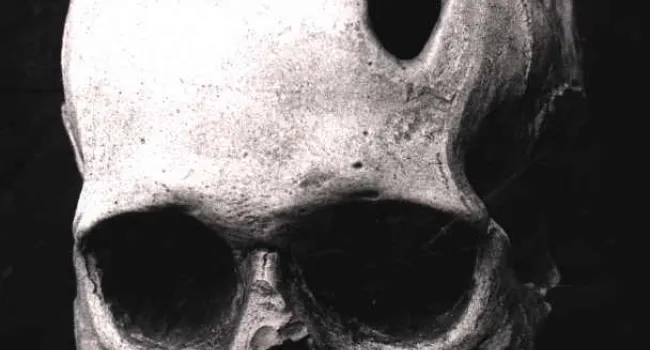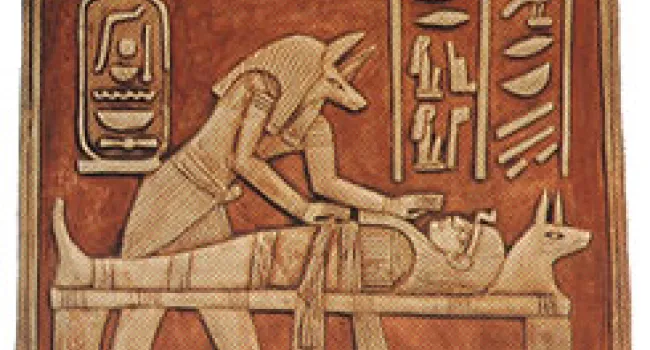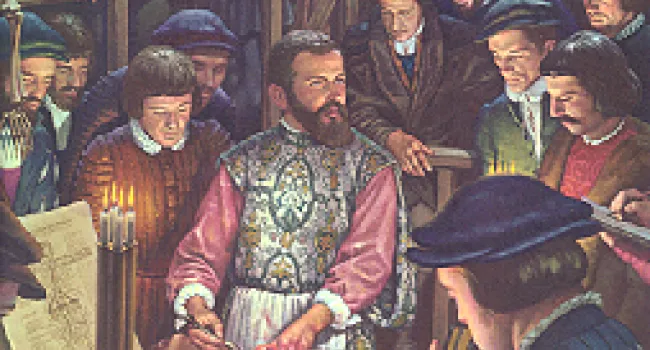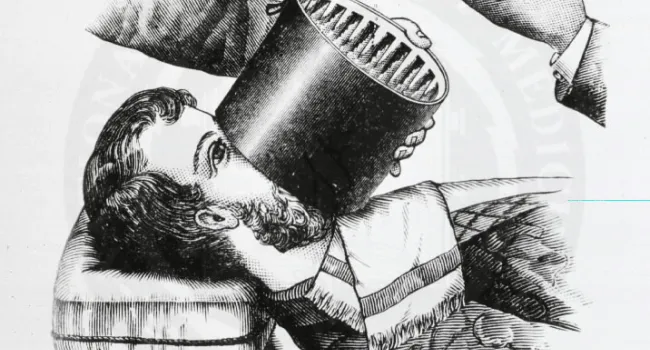As the Roman Empire ended, Europe fell into the Dark Ages. Superstition crept back into beliefs about medicine, and people were taught that diseases were punishment from God. Much of what was learned from the Greeks and Romans was transferred to the new Islamic regions of Northern Africa, the Middle East and Spain. Medical schools and hospitals were built to support the work of Arabic doctors like Rhazes (900 A.D.) who further explored medicine as a science. He was the first doctor to identify the difference between the measles and small pox.
By the Middle Ages, Europe was hit with a terrible epidemic that killed millions of people called the plague, or Black Death. Doctors didn’t know how to treat the plague that came in two deadly forms. The pneumonic plague was spread in the air from person to person and the bubonic plague was caused by bites from infected fleas. The fleas bit rats and then bit humans causing the disease to spread quickly in dirty cities. There were very few medical advances made during this period in history.




